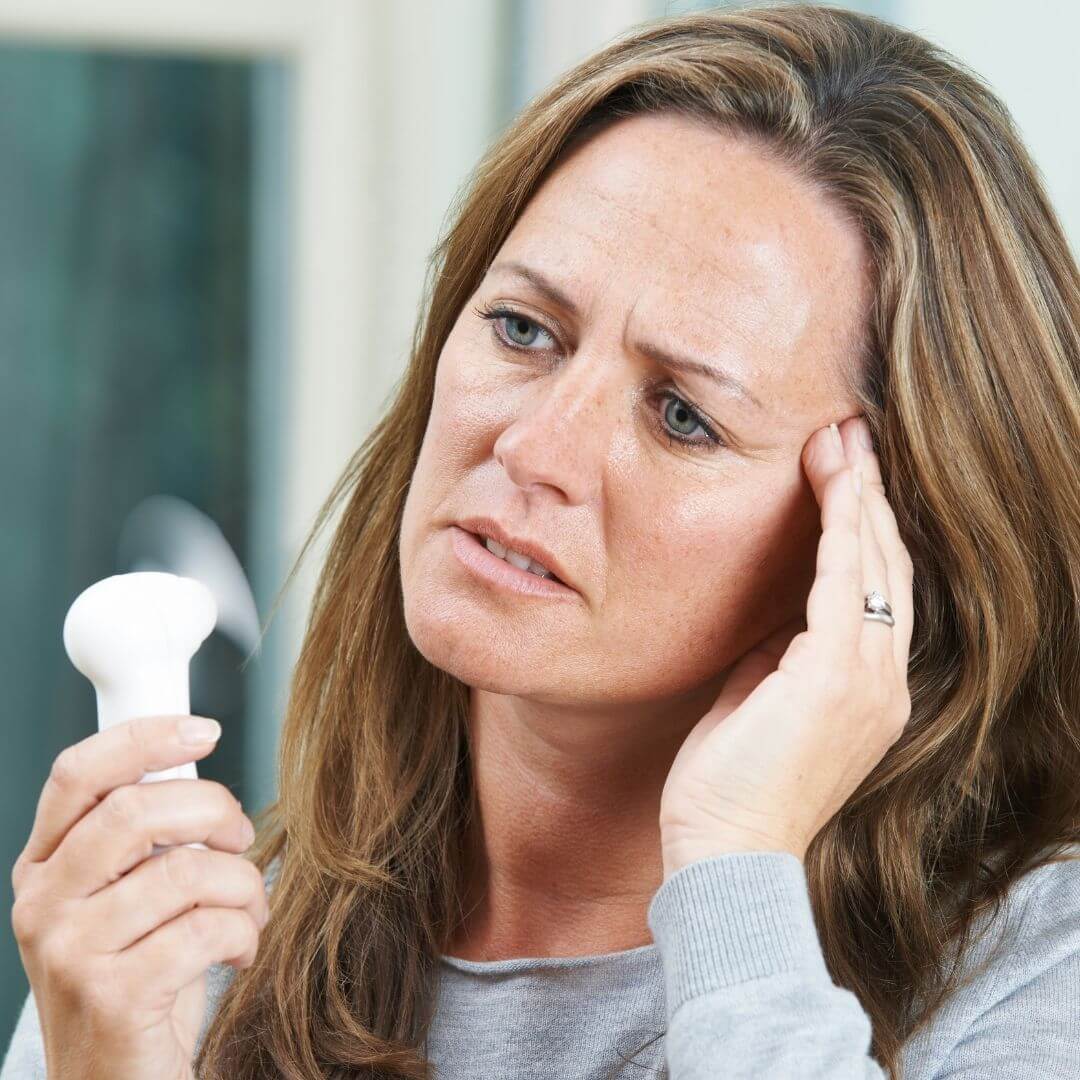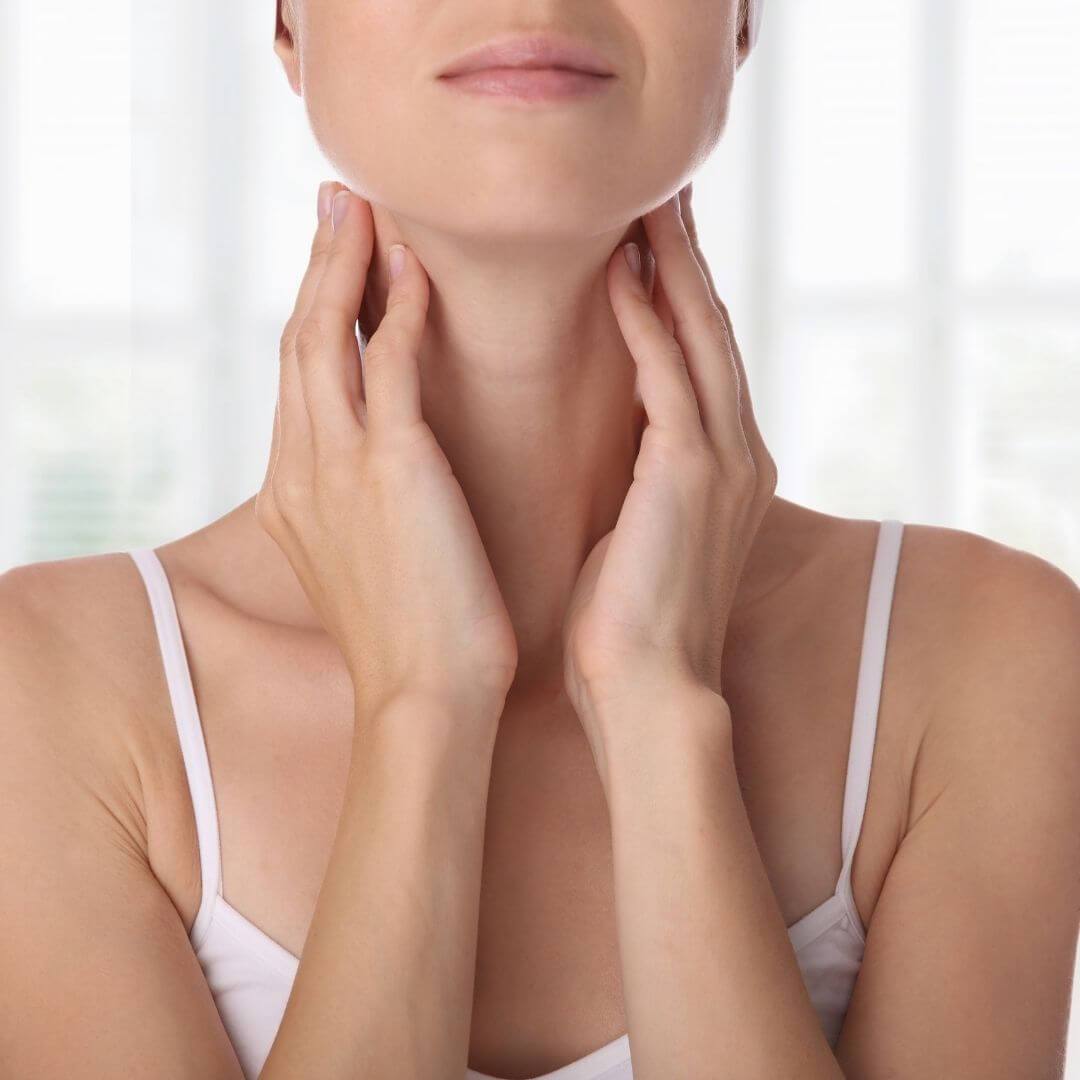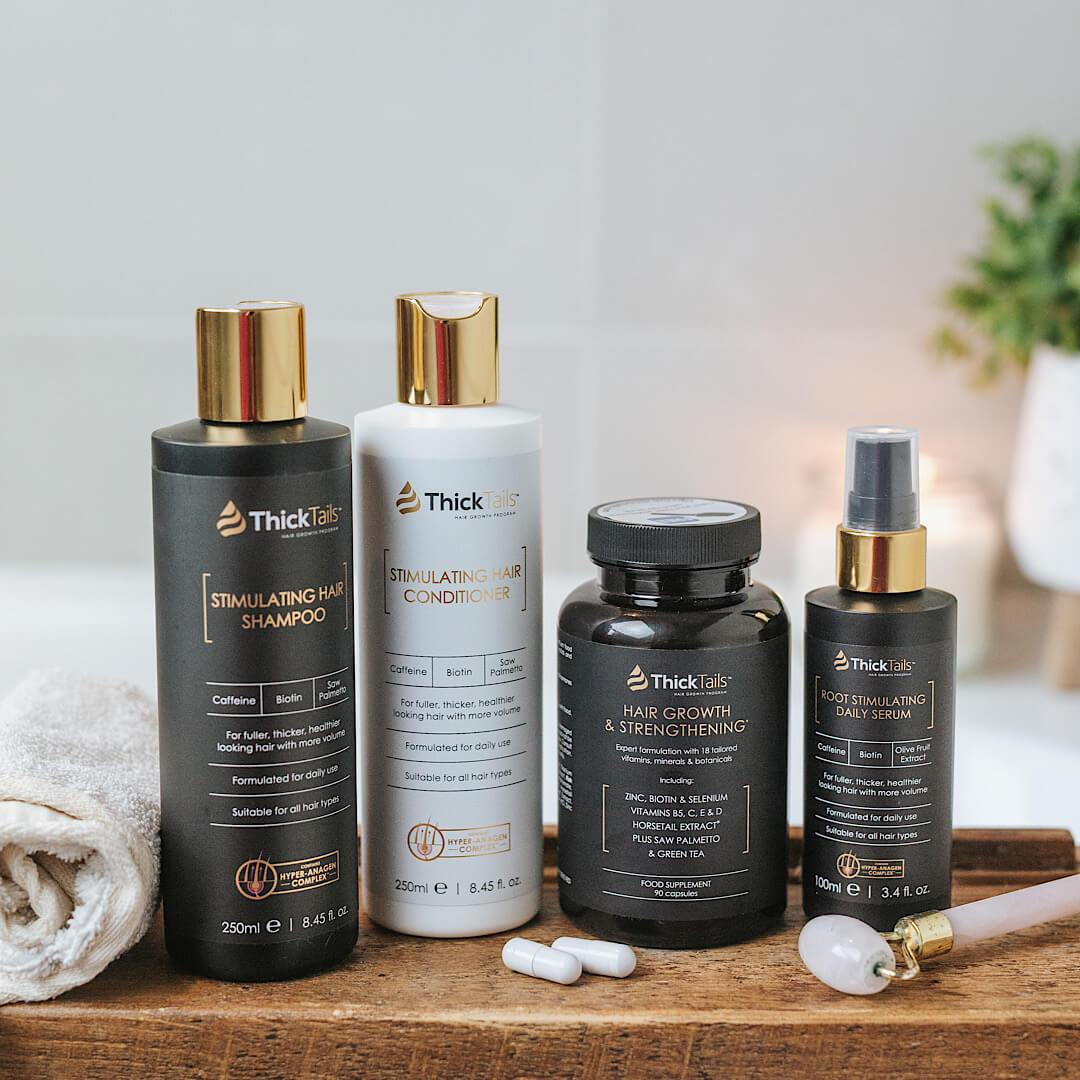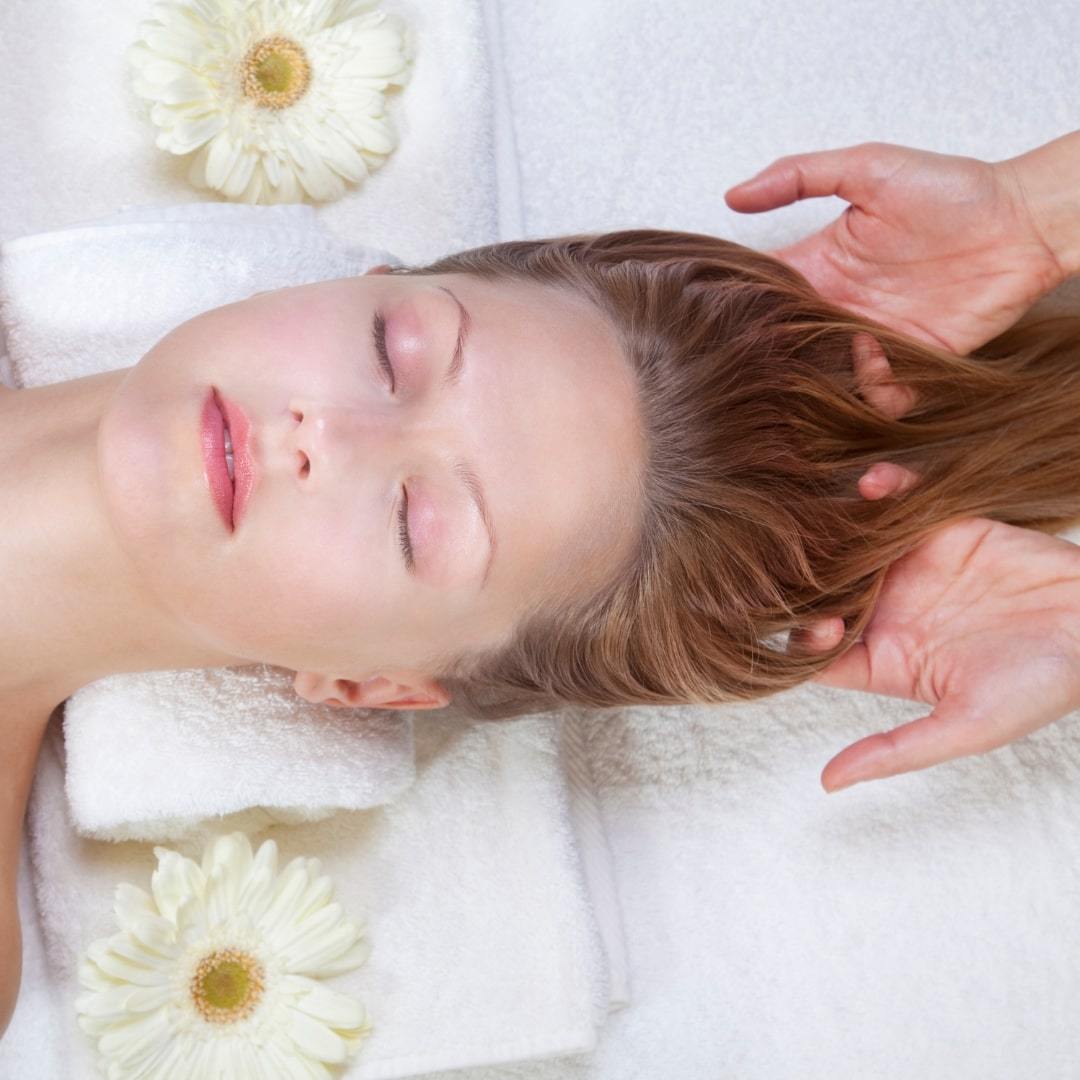Attention all men struggling with hair loss - have you ever wondered why your once thick and luscious locks are now thinning or receding? While male pattern baldness is a common and often unavoidable condition, there may be another culprit behind your hair loss: hormones. Yes, that's right, hormonal changes can play a significant role in causing hair loss in men. But fear not, dear reader, for this blog post aims to educate and equip you with the knowledge you need to prevent hormonal hair loss before it even begins. Say goodbye to worrying about losing more of your precious mane and hello to taking control of your hormone levels for healthier and fuller hair. Let's dive into the science behind hormonal hair loss and learn how to combat it effectively.
I. Understanding Hormonal Hair Loss in Men

Hair loss in men is a common phenomenon that can often be attributed to hormonal changes within the body. Male pattern baldness, for instance, is a condition where hair loss occurs in a defined pattern due to the hormone dihydrotestosterone (DHT). This hormone shrinks hair follicles, causing them to produce thinner, weaker hair strands over time. Other factors like age, genetics, and stress levels can also play a role in hormonal hair loss. Understanding these underlying causes and seeking help from a healthcare professional can help men respond to hair loss confidently and effectively. So, if you're experiencing hair thinning or balding, it's important to know that you're not alone, and there are steps you can take to address it.
A. The Role of Testosterone and DHT in Hair Loss: Key Hormones to Know
Hair loss is a common concern among men, with hair thinning being one of the most visible signs. Many factors can contribute to hair loss, including genetics, age, and hormones. Among these factors, testosterone and dihydrotestosterone (DHT) are key hormones to know when it comes to hair loss. Testosterone is an essential hormone in men that plays a crucial role in various bodily functions, including the development of male sexual characteristics. However, when testosterone is converted into DHT by an enzyme called 5-alpha reductase, it can lead to hair follicle shrinkage, hair thinning, and ultimately, hair loss. Understanding the role of these hormones in hair loss can help men make informed decisions when it comes to hair care and treatment.
B. Common Causes of Hormonal Hair Loss in Men: Genetics, Aging, and Health Factors
Hormonal hair loss is a common and unfortunate reality for many men. As we age, hair growth tends to slow down and eventually stop altogether. In addition to aging, genetics play a significant role in determining whether or not a man will experience hair loss. While it may be difficult to combat the effects of genetics, understanding the health factors that can contribute to hair loss can be helpful in preventing future hair loss. Maintaining a healthy and balanced diet, exercising regularly, managing stress levels, and avoiding harmful habits such as smoking and excessive alcohol consumption are all important steps men can take to promote good hair health. By taking proactive measures, men can potentially reduce their risk of hormonal hair loss and preserve a full head of hair for many years to come.
C. Early Signs of Hormonal Hair Loss: What to Watch For
Hormonal hair loss is a condition that affects both men and women. However, men are more likely to experience this type of hair loss. By understanding the early signs of hormonal hair loss, men can take prompt action to prevent further hair loss. Some common signs include gradual thinning on the top of the head, a receding hairline, and excess shedding in the shower or on the pillow. In addition, some men may notice their scalp becoming more visible, or a widening of their part line. If you are experiencing any of these symptoms, it is important to talk to your doctor about potential treatment options.
II. Proactive Measures to Prevent Hormonal Hair Loss
Hair loss can be a distressing situation for many men. However, there are proactive measures that can be taken to prevent hormonal hair loss. First, maintaining a healthy diet that is rich in vitamins and minerals can promote hair growth. Additionally, regular exercise can increase blood circulation and stimulate hair follicles. Using gentle hair products and avoiding harsh chemicals can also prevent damage and further hair loss. Lastly, consistently seeking medical advice and treatment from dermatologists can prevent hormonal imbalances and ultimately, hair loss. Taking these measures can help men take control of their hair growth and prevent hair loss.
A. Balanced Diet: Foods That Support Hormonal Health and Hair Growth
As men, it's important to maintain a balanced diet that not only supports overall health, but also hormonal health and hair growth. Choosing foods that are rich in vitamins and minerals such as biotin, zinc, and vitamin D can boost hair growth and health. Foods like salmon, eggs, and leafy greens are excellent sources of these nutrients and can easily be incorporated into a well-rounded diet. It's also recommended to limit intake of processed foods and sugary drinks, as they can negatively impact hormone levels and overall health. With consistent attention to a nutrient-rich diet, men can support both their hormonal health and head of hair.
B. Effective Supplements: Key Vitamins and Minerals for Men’s Hair Health
Hair loss is a common concern for many men, as they age and their hair begins to thin. Luckily, there are a variety of effective supplements that can help support men's hair health and minimize hair loss. Vitamins and minerals are essential for maintaining healthy hair, and there are certain ones that are particularly important for men. For example, biotin is a B vitamin that is known for promoting healthy hair growth, while zinc has been found to play a key role in preventing hair loss. By incorporating these and other key vitamins and minerals into their daily routine, men can support their hair health and minimize the effects of hair loss.
C. Stress Management: Techniques to Reduce Stress-Related Hair Loss
Stress is a common factor in everyday life that can significantly impact both physical and mental health. Stress-related hair loss is a common issue that many men face. Fortunately, there are various stress management techniques that have been proven to reduce this type of hair loss. These techniques include exercise, meditation, breathing exercises, and talking to a therapist. Along with reducing hair loss, these stress management techniques can also improve overall well-being and lead to a more balanced and fulfilling life. Men can take control of their stress levels and maintain a healthy head of hair by incorporating these techniques into their daily routine.
III. Integrating Hair Care Products to Maintain Healthy Hair

Maintaining healthy hair is essential for both men and women. For men, it is vital to integrate hair care products into their daily routine to promote hair growth and prevent hair loss. Hair growth is a natural process, but it can become stunted due to several factors such as stress, poor nutrition, and environmental factors. To counter these issues, integrating a quality shampoo and conditioner into your hair care regimen can work wonders. In addition to that, using hair oils or serums can also stimulate hair growth and prevent hair loss. It's never too late to start taking care of your hair, and with the right products, you're sure to see positive results.
A. Choosing the Right Shampoo and Conditioner: Formulas for Hormonal Balance
Maintaining hormonal balance is an essential factor in achieving healthy, radiant hair. When it comes to choosing the right shampoo and conditioner, it is crucial to opt for formulas that cater to hormonal imbalance. The right products can help balance and regulate hormones, ensuring that your hair grows healthily and stays strong. In addition to using a specialized shampoo and conditioner, incorporating a serum into your haircare routine can be extremely beneficial as well. While many believe that haircare is only a concern for women, men can benefit just as much from these specially formulated products. With the right choices, achieving hormonal balance and gorgeous locks is within reach.
B. Benefits of Using Hair Growth Serums: How They Can Help
Hair loss can be a difficult issue to deal with, especially for men. That's why using a hair growth serum may help. These serums contain ingredients that promote healthy hair growth and can also help to nourish and strengthen hair follicles. While there is no guaranteed cure for hair loss, using a serum can improve the overall health of your hair and scalp. Many serums also contain antioxidants and vitamins like biotin and vitamin E that support hair growth and keep hair looking healthy and shiny. With consistent use, a hair growth serum can make a noticeable difference in the appearance and thickness of your hair.
C. Developing a Consistent Hair Care Routine: Tips for Long-Term Hair Health
Maintaining healthy hair isn't rocket science; it is all about developing and sticking to a consistent hair care routine. Being consistent in your routine is critical to the long-term health of your hair, regardless of whether you are a man or woman. Your hair care routine should involve using the right products, such as a high-quality shampoo and conditioner that is suited for your hair type. Besides that, applying a serum can help to add extra nourishment and moisture to your hair. This way, you can achieve a healthy-looking head of hair and prevent common hair problems, including hair loss. Follow these tips, and you'll be well on your way to having healthy hair that will make you look and feel great.
In conclusion, understanding hormonal hair loss in men is crucial for maintaining healthy and luscious locks. Hormonal imbalances, specifically testosterone and DHT, play a significant role in this type of hair loss. It can also be caused by genetics, age, and certain health factors. By knowing the early signs of hormonal hair loss, such as thinning hair or receding hairline, men can take proactive measures to prevent further damage. A balanced diet rich in protein, iron, zinc, and vitamins A and E can support hormonal health and promote hair growth. Additionally, incorporating supplements like biotin and saw palmetto can provide essential nutrients for strong and healthy hair follicles. Stress management techniques such as meditation or exercise can also help reduce stress-related hair loss. Another key aspect of maintaining healthy hair is choosing suitable products that balance hormone levels. This includes shampoos and conditioners with natural ingredients that promote hormonal balance and boost hair growth. Utilizing hair growth serums has also shown promising results in improving overall hair health. Finally, developing a consistent hair care routine tailored to individual needs is vital for achieving long-term success in combating hormonal hair loss. By implementing these tips into daily life, men can take control of their hormone levels and maintain a full head of healthy and strong hair.














